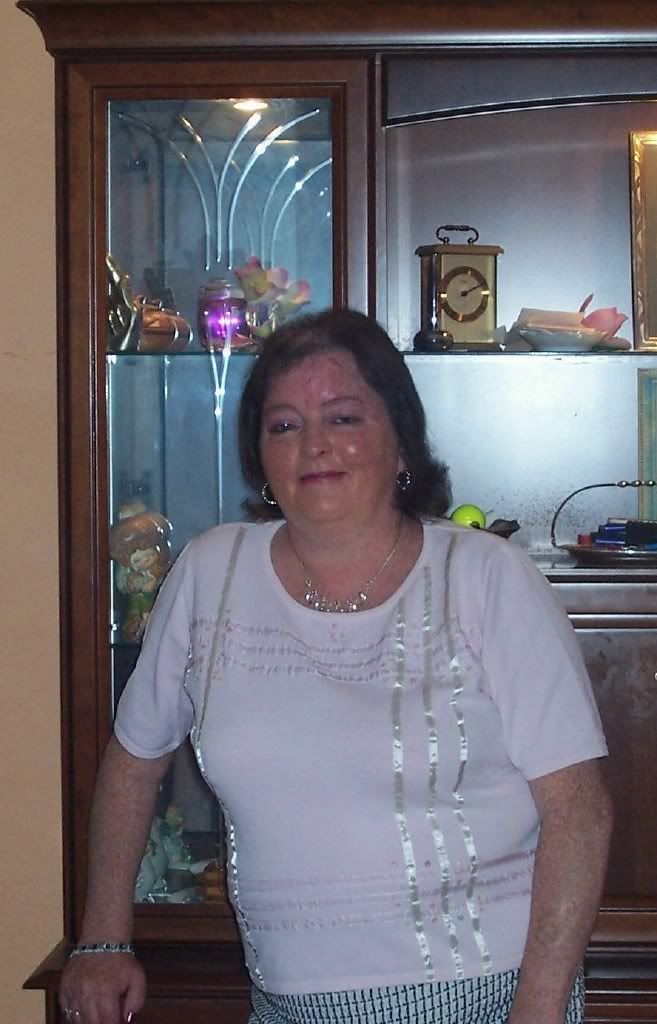Bishop McManus places pastor on leave
Bishop McManus places pastor on leaveNovember 19, 2006, Worcester, MA – Most Rev. Robert J. McManus, Bishop of Worcester, shared the following announcement at all the Masses this weekend at St. Mary Parish, Uxbridge.“I come before you tonight with a saddened heart to announce that I have placed Fr. Paul Doherty on administrative leave so as to undergo spiritual and psychological treatment. At Fr. Doherty’s request, he and I met this past Friday, November 17 at my residence in Worcester. During that meeting Father confided to me that he had engaged in inappropriate sexual behavior with a minor more than thirty years ago. Because of the serious nature of this admission, I had to relieve Father of his duties as pastor of the parish and to remove his faculties as a priest.”“I truly realize that this kind of news is a shock for you as it has been for me. I ask that you join me in prayer for the parish and school communities, as well as for those who have been hurt in any way by sexual misconduct. And, of course, please keep Fr. Paul in your prayers.” “The Catholic Church is often referred to as the family of God. As your bishop, I have a serious pastoral responsibility for the spiritual care and wellbeing of this family. That is why I have come to this parish personally to share this very troubling news. A family rejoices together in good times and also grieves together in times of hurt and sadness. My fervent hope and prayer is that relying on each other’s support and on God’s grace we will work together as a parish and as a diocese to continue to make St. Mary Parish a strong and vibrant community of faith, hope and love. After the Masses this weekend, I will be here to meet with anyone who wishes to gather in the rectory living room along with Mrs. Frances Nugent, co-director of the Office of Healing and Prevention. I pray that God’s all powerful grace may bring you comfort and healing in the weeks and months ahead.”Fr. Doherty was ordained a priest for the Diocese of Worcester in 1995. He has served as Associate Pastor at St. Patrick, Whitinsville and St. Mary, Shrewsbury before being named pastor of St. Mary, Uxbridge in September of 2000.
